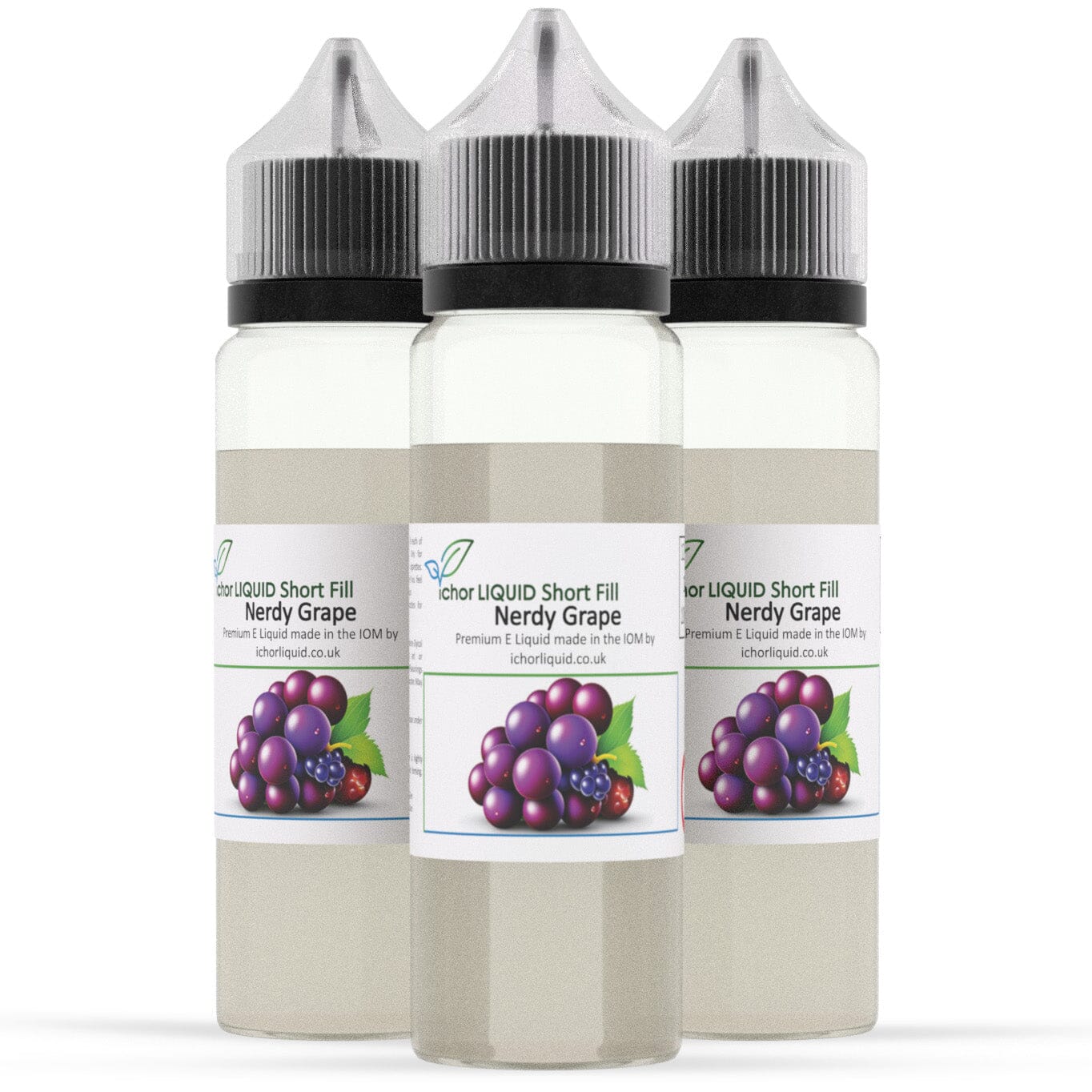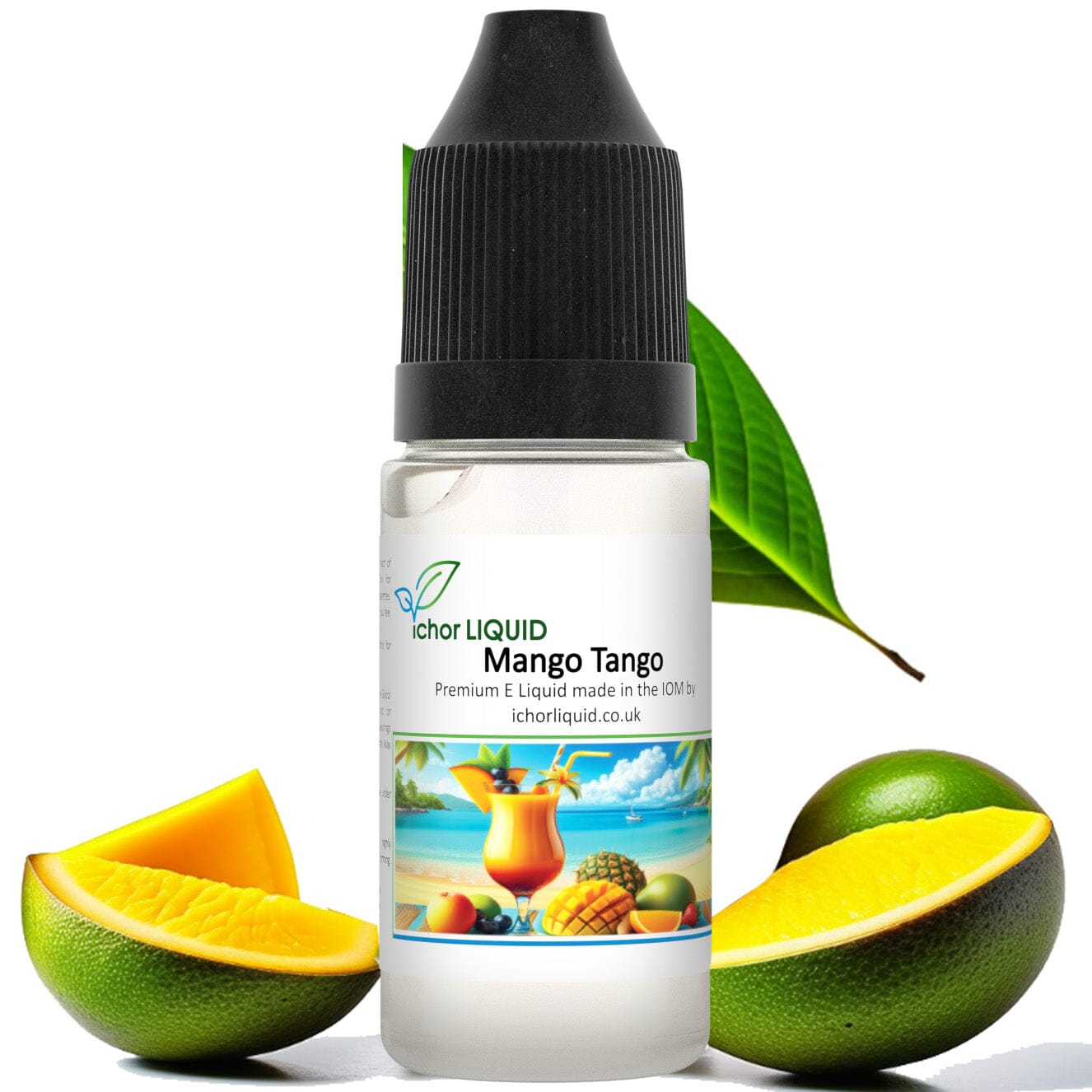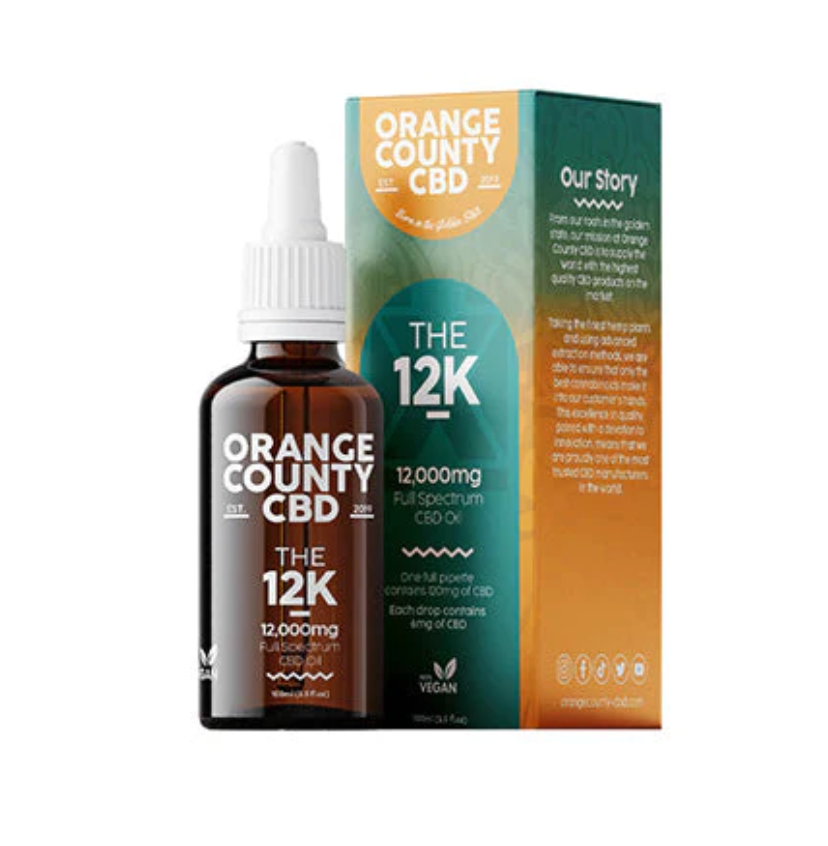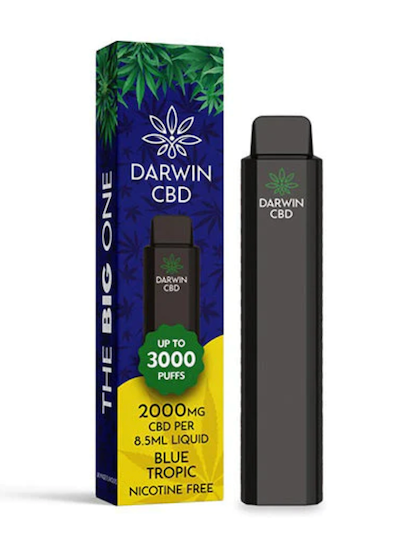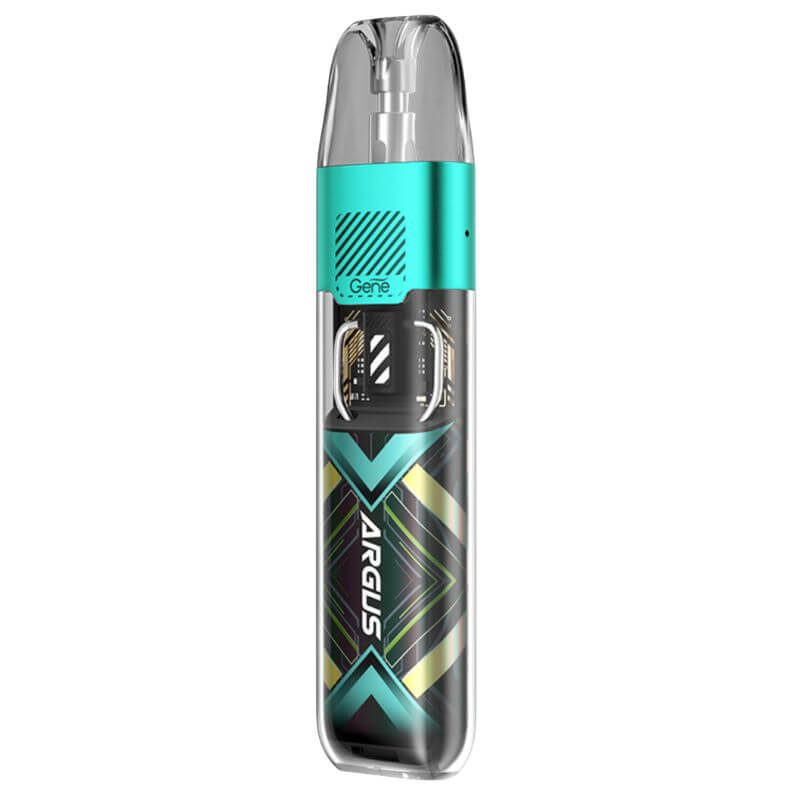CBD and Its Residual Effects - How Long to Wait Before Testing
CBD and Its Residual Effects - How Long to Wait Before Testing
Understanding the residual effects of CBD is crucial, especially for individuals who may be subject to drug testing. While CBD is generally considered safe and non-intoxicating, it can still contain trace amounts of THC, the psychoactive component of marijuana. For those who are subject to drug testing, it is important to know how long to wait after using CBD products before undergoing testing to avoid potential consequences. In this blog post, we will delve into the important details regarding CBD and drug testing, including the risks of testing positive, the potential duration of residual effects, and tips for minimizing these risks.
Understanding CBD
The use ofCBD(cannabidiol) has gained popularity and attention in recent years due to its potential health benefits. However, it is important to have a thorough understanding of its properties, chemical composition, and mechanism of action in order to make informed decisions about its use.
Chemical Composition
The chemical composition of CBD is essential in understanding its effects on the human body. CBD is a chemical compound derived from the cannabis plant, known as a cannabinoid. Unlike its counterpart THC (tetrahydrocannabinol), CBD does not produce psychoactive effects, which makes it a safer option for medicinal purposes. Its molecular structure and interaction with the endocannabinoid system contribute to its therapeutic properties.
Mechanism of Action
The mechanism of action of CBD involves its interaction with the body's endocannabinoid system, which plays a crucial role in regulating various physiological processes. CBD influences the endocannabinoid receptors, which are involved in pain sensation, mood regulation, and immune function. Additionally, CBD has been shown to modulate neurotransmitter activity and exert anti-inflammatory effects, contributing to its potential therapeutic benefits.
Understanding the mechanism of action of CBD is essential in comprehending its potential residual effects and determining how long to wait before testing for any remaining presence in the body.
CBD Consumption and Residual Effects
Obviously, when it comes to using CBD and undergoing drug testing, it's essential to understand the residual effects of CBD consumption. This is important for individuals who may need to undergo drug testing for work, sports, or other reasons. Knowing how long to wait before testing after using CBD can help avoid any potential issues or complications.
Methods of Consumption
Consumption methods of CBD can affect how long it stays in the body. The most common methods include ingestion, inhalation, and topical application. Ingesting CBD through edibles or capsules may lead to slower onset but longer-lasting effects, while inhalation through vaping or smoking brings quicker relief but shorter longevity. Topical application, such as using CBD-infused creams or lotions, mainly affects the area applied without much systemic absorption.
Factors Affecting Duration in the Body
Affecting how long CBD remains in the body are various factors, including dosage, frequency of use, metabolism, and the quality of the product. Additionally, individual body chemistry also plays a significant role in how long CBD lingers in the system. Any presence of other medications or substances can also impact how the body processes and eliminates CBD.
The metabolism rate, body composition, and hydration level can also influence the duration of CBD in the body. Any underlying health conditions, particularly related to liver and kidney function, may affect the way CBD is metabolized and excreted. The specific CBD product's potency and purity should also be considered, as lower-quality products may contain additives or impurities that could affect clearance times. The overall impact of these factors should be carefully evaluated to determine an appropriate timeframe for drug testing after CBD consumption.
Testing for CBD
Keep in mind that if you are using CBD products, you may be subject to drug testing, especially in certain professions or if you are an athlete. Knowing the types of tests available and the timeframe for accurate results can help you navigate the possibility of testing positive for CBD use.
Types of Tests Available
With the increasing use of CBD products, employers and athletic organizations may use various tests to detect CBD in your system. The most common types of tests include urine, blood, saliva, and hair tests. Urine tests are the most common method used due to their cost-effectiveness and non-invasive nature. Blood and saliva tests can detect more recent use, while hair tests can detect CBD use over a longer period.
- Urine tests
- Blood tests
- Saliva tests
- Hair tests
Perceiving the type of test being conducted can help you understand the timeframe for accurate CBD detection.
Timeframe for Accurate Results
Timeframe for accurate results varies depending on the type of test being conducted. Urine tests can detect CBD use within 3-7 days of use, while blood and saliva tests can detect more recent use within a few hours to a few days. Hair tests can detect CBD use for up to 90 days after use. Knowing the timeframe for accurate results can help you make informed decisions about using CBD products.
Tests for CBD use can provide crucial information for individuals subject to drug testing, including athletes and employees in certain professions where CBD use may be prohibited. Understanding the types of tests available and the timeframe for accurate results can help individuals navigate the potential impact of CBD use on drug testing outcomes.
Recommendations and Precautions
Now that we have discussed the potential residual effects of CBD on drug testing, it is important to highlight some recommendations and precautions to take into consideration when using CBD products. By following these suggestions, individuals can better mitigate any potential risks associated with CBD use and drug testing.
Suggested Waiting Periods
For individuals who are concerned about the residual effects of CBD on drug testing, it is recommended to wait at least 2-4 weeks before undergoing any testing. This waiting period allows for the majority of CBD to exit the body, reducing the likelihood of a positive test result. However, it is important to note that this timeframe may vary depending on factors such as the individual's metabolism, frequency of CBD use, and the dosage of CBD consumed. More info here.
Legal Considerations
An important legal consideration to keep in mind is that while CBD products may contain trace amounts of THC, the psychoactive compound found in cannabis, they are legally required to contain less than 0.3% THC. This percentage is compliant with federal regulations in the United States and should not result in a positive drug test. However, it is essential to be aware of the legal requirements and regulations regarding the use of CBD products in your specific region.
Periods of concern may arise when individuals are subject to drug testing in the context of their employment or participation in professional sports. In such situations, it is crucial to carefully consider the potential risks and take the necessary precautions to ensure compliance with any applicable regulations and guidelines.
Conclusion
With these considerations in mind, it is clear that CBD can have residual effects on the body and can potentially affect drug test results. While the exact length of time it takes for CBD to fully leave the system varies from person to person, it is generally recommended to wait at least two weeks before undergoing any drug testing. This allows for sufficient time for the body to metabolize and eliminate any remaining traces of CBD, reducing the risk of a false positive result. It is important to be aware of the potential impact of CBD on drug testing and to take the necessary precautions to ensure accurate results.

